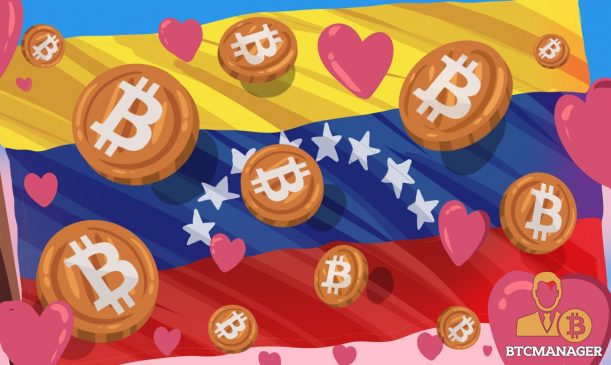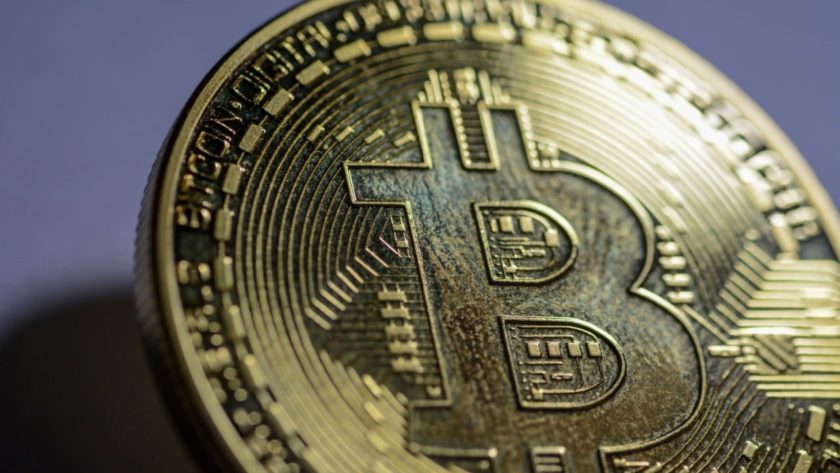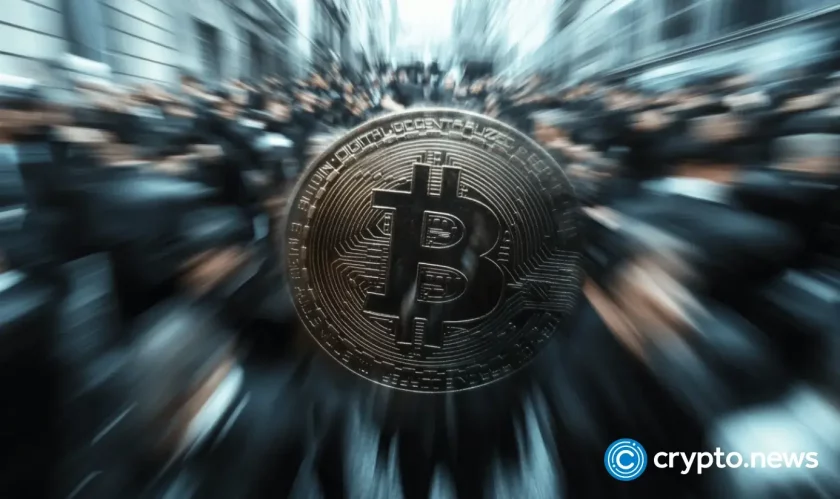As the age-long economic crisis rages on, Venezuela’s apex bank, Banco Central de Venezuela (BCV) is now running internal tests with officials to find out the possibility of holding bitcoin (BTC) and ether (ETH) in its coffers as foreign reserves, as the nation’s state-owned oil company is looking to pay suppliers in cryptos via the central bank, reports Bloomberg on September 26, 2019.
BCV to Hold Cryptos
Despite launching its national cryptocurrency, the petro earlier in 2018, to circumvent international sanctions and easily trade with its allies, the digital currency has not succeeded in its mission to help the oil-rich nation in reducing the effects of the crippling U.S. embargo.
Per sources close to the matter, Petroleos de Venezuela SA (PDVSA), the Venezuelan state-owned oil and natural gas firm is hatching plans to pay its suppliers and business partners in bitcoin and ether through the BCV.
Against that backdrop, the BCV is reportedly carrying out internal tests to find out if it could hold cryptos in its coffers and officials of the bank are also studying proposals that would make it possible for digital assets to be counted as part of the nation’s foreign reserves.
While Venezuela is blessed with numerous natural resources including diamonds, gold, bauxite, iron ore, and crude oil, political corruption, and international sanctions has thrown the nation into a deep state of economic crises.
Surviving the Sanctions
Notably, U.S sanctions against Nicolas Maduro’s administration has successfully isolated the country from the global financial system.
On September 24, 2019, the United States Department of the Treasury imposed fresh sanctions on four groups transporting Venezuelan oil to Cuba in violation of existing sanctions.
The PDVSA has reportedly been finding it quite difficult to get paid for its products via conventional channels, as the country have since been cut off from SWIFT.
Though its still unclear how the oil company was able to acquire cryptocurrencies or the total amount of digital assets it possesses, the current ban on the country makes it difficult for the firm to trade its cryptos on regular crypto exchanges, since it would be required to undergo strict know-your-customer (KYC) and anti-money-laundering (AML) checks.
Earlier in August 2019, reports emerged that Venezuela had launched a cryptocurrency-powered remittance platform, Patria Remesa, to facilitate remittance payments in the region.
Like BTCMANAGER? Send us a tip!
Our Bitcoin Address: 3AbQrAyRsdM5NX5BQh8qWYePEpGjCYLCy4




